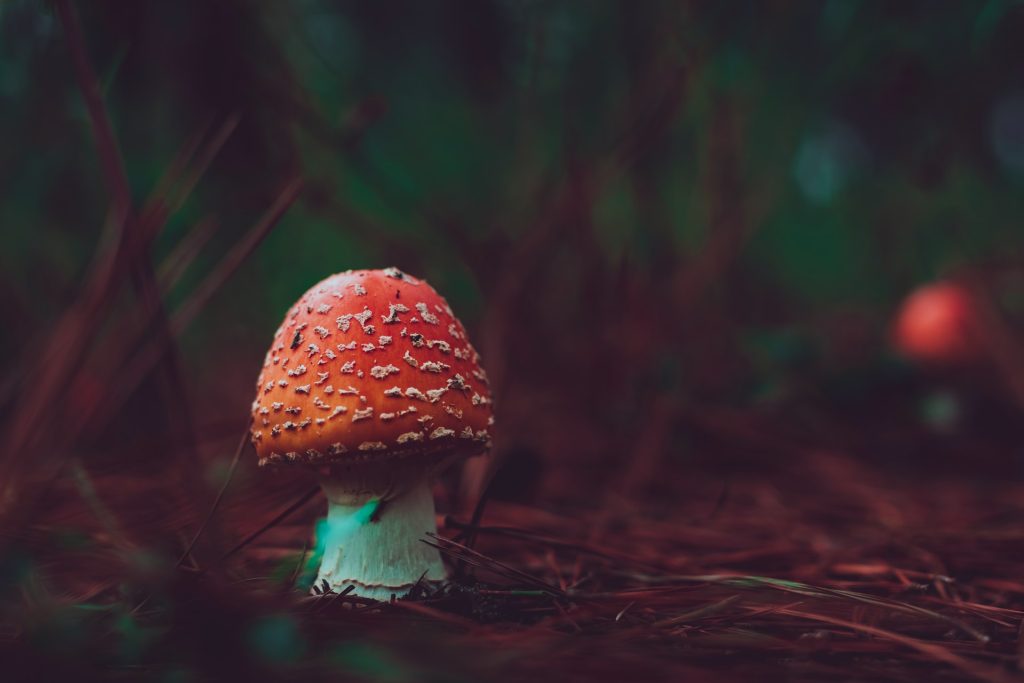
As the US state of Oregon becomes the first to permit psilocybin in clinical use, a new systematic evidence review reveals a lack of scientific research describing the interactions between widely used psychiatric medications and psychedelics like psilocybin and MDMA. The review was published in the journal Psychopharmacology.
The scarcity of data is problematic for people believed to benefit most from psychedelics: those with mental health conditions such as depression, anxiety and post-traumatic stress disorder.
“There’s a huge deficit in the scientific literature,” said lead author Aryan Sarparast, MD, assistant professor of psychiatry at the Oregon Health and Science University. “There’s a major incongruence between the public enthusiasm and exuberance with psychedelic substances for mental health issues – and what happens when they combine with the existing mental health treatments that we have now.”
The researchers decided to conduct the evidence review because they wanted to learn more about interactions between widely prescribed medications such as antidepressants and psychedelics, including MDMA and psilocybin.
They found a total of 40 studies dating back to 1958, including 26 from randomised controlled studies, 11 case reports and three epidemiologic studies.
Only one study was found that examined how psilocybin interacts with antidepressant medications. A/Prof Sarparast also noted that all of the clinical trials were conducted with healthy volunteers who were administered a psychiatric medication and a psychedelic at the same time – clearly showing a need for further research into combining pharmaceutical medications with psilocybin.
A/Prof Sarparast said he is concerned that the lack of evidence will lead many providers to direct patients to taper off existing medications before being offered clinical psilocybin therapy. In Oregon rules are being drawn up to permit the clinical use of psilocybin products and services from next year.
Patients with mental health conditions might well benefit from psilocybin therapy, but A/Prof Sarparast said he is concerned about the implications of stopping existing psychiatric treatment in order to receive psilocybin services. Vulnerable people may end up being forced into choosing between their existing medical treatment or psilocybin services.
“That’s a very, very tough place to be,” A/Prof Sarparast said.
A considerable amount of important data exists that is not captured in a literature review related to real-world use, noted co-author Christopher Stauffer, MD, assistant professor of psychiatry in the OHSU School of Medicine and a physician-scientist at the VA Portland Health Care System.
“Psilocybin has been around in Western society since the late 1950s, before many of our psychiatric medications have existed,” A/Prof Stauffer said. “Nonetheless, people attempting to navigate Oregon’s psilocybin services in the context of ongoing psychiatric treatment should work closely with knowledgeable professionals.”

